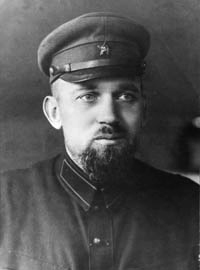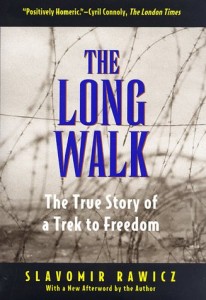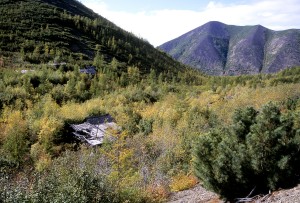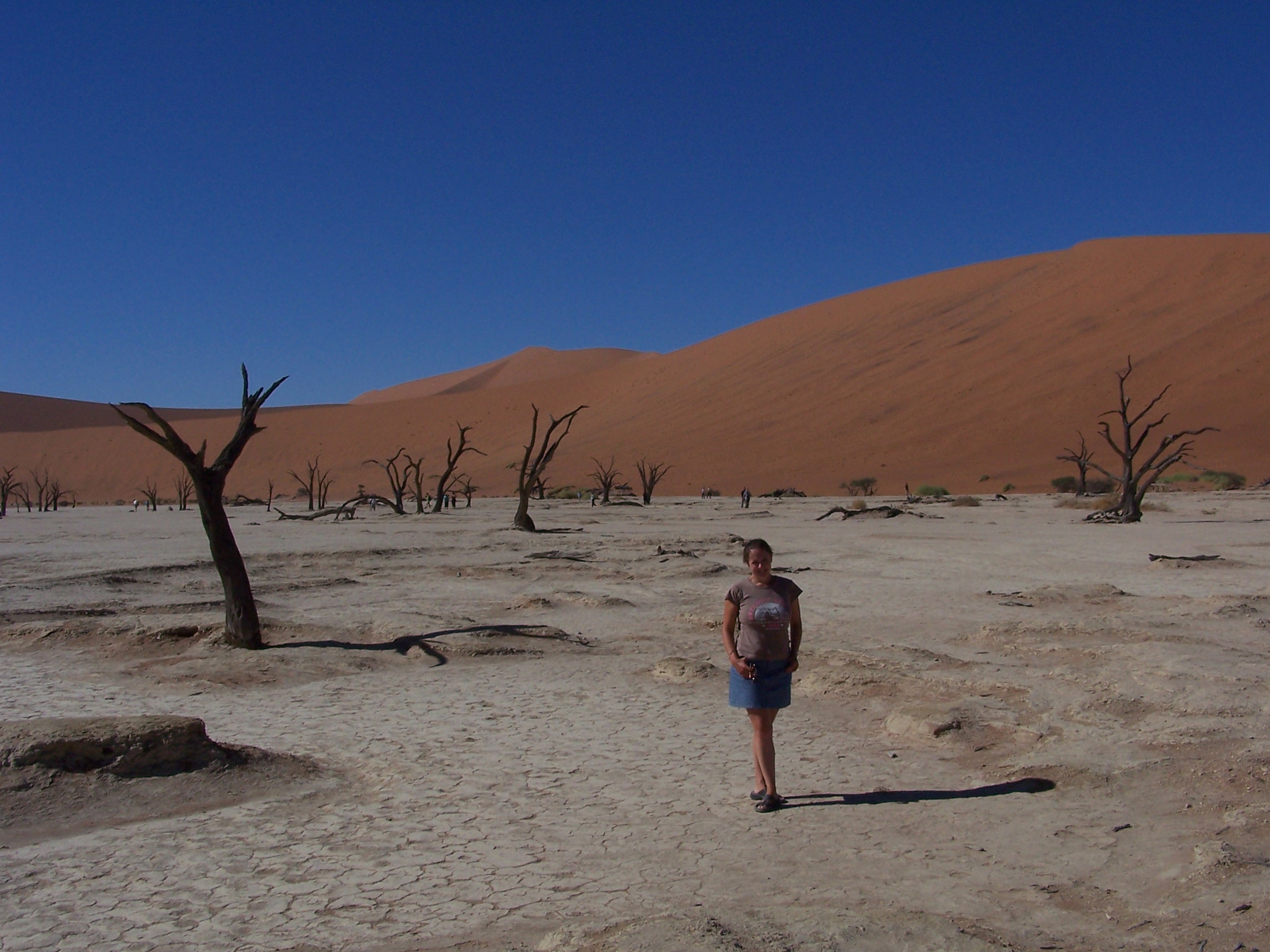This article is part of The Long Walk series, for the freshest article, go here!
I just talked to somebody who survived Stalin´s death camps. It felt like I had a unique glimpse into history. If I ever have felt completely humbled by life, this was such an occasion. I felt such an admiration for this extraordinary man. I was, for once, at loss of words and just grunted when he told me a bit about that horrible time. This, the same day, as Peter Weir´s Hollywood film The Way Back hits the UK market.
This film is, according to the cover, based on Slavomir Rawicz book The Long Walk – a true story. Basically it is a story about a Polish officer called Slavomir Rawicz who 1956 caused a sensation with his book “The Long Walk,” his account of a his dramatic escape from the Soviet Gulag and a 4000-mile trek on foot to India. The book was a bestseller and has remained in print for over half a century. But was it based on a true story as both the book and the film cover claims?
Well, as you readers already know after reading first the story about the 3 Poles on ExWeb, followed by Tomasz Grzywaczewski´s hotly debated article about the subject, it is a heavily doubted truth. And since Tomasz wrote this article, by far the most read article I have published on my homepage, things have just rolled on at full speed. I have pretty much spent the last two weeks reading everything on the subject. Everything from Linda Willis´well researched page turner of a book Looking for Mr Smith to listening to Hugh Levinson´s great work at BBC Radio on the subject. And, I am happy to announce that during the research I, together with my helping friend CuChullaine O`Reilly, have come across some unique content to further complicate what is true or not true in this extraordinary story.
No matter, true or not, I am happy that there´s finally a film for the broader audience concerning the GULAG camps. At least 2 million people perished in these terrible camps and, compared to, for example, the Nazi concentration camps, there´s very little knowledge for a broader audience regarding these camps. And I have sort of a personal connection with these camps. And talking with this giant of a survivor today, brought my memories back to the Kolyma.
Before, during and after my Siberian Expedition I spent a lot of time researching the history of the Soviet union and their Gulags. Especially the one´s along the Kolyma River. I have plowed through a lot of books, academic work and newspaper stories. I would say I am well acquainted with the history of the Dalstroy. I am especially well informed when it comes to the two of the camp commanders, Eduard Berzin and the maddest of them all, Karp Pavlov. Extra ordinary stories of two human beings who became mass murderers. I have also visited quite a few of the remaining camps from Kanjon just outside Seimchan to one of the worst at Ambarchik. I am actually more than fascinated by this area. And one of the books I read twice, once during the trip and once afterwards, was Slavomir Rawicz´ book The Long Walk. I really liked it, still do. It is a fantastic story, a great adventure and a profound inspiration, whether it is true or not.

I didn´t think more about its authenticity at that time. During my time in Siberia I came across so many extra ordinary people and stories, so I thought, everything is possible. Especially if somebody has a bit of the Siberian spirit inside them. And I didn´t know anything about the doubts about its authentication back than. I did, however, come across it a few years ago, when the BBC did a programme about it all after Slavomir Rawicz death 2006. But not even at that stage, did I think more about it except I remember I thought, these things are not easy to prove. And why would he lie and what good would that do him or his family in the long run? Well, maybe he isn´t the only one bending the truth, regarding great escape stories!
Finally, I just want to add, that I have also received many emails from other explorers who have been greatly inspired by this story. Some have even started a life as an explorer after reading this thrilling book! So, as regards to Peter Weir´s film The Way Back, one can also read the book for pure entertainment.
The big question is, did the Long Walk even happen? Beginning the 3rd of January unique content will be published on Explorers Web. Stay tuned!





Hi readers! I just want to update you on the reviews of the film in the UK papers today. One is this one in The Telegraph http://www.telegraph.co.uk/culture/film/filmreviews/8222533/The-Way-Back-review.html#disqus_thread and The Guardian says this http://www.guardian.co.uk/film/2010/dec/23/the-way-back-review Enjoy! M
Dave Anderson did a Long Walk to retrace Slavomir Rawicz possible footsteps 2004, read here at http://dea-media.com/?page_id=697
My father who was polish in what is now Belorssia was captured and sent to the gulag escaped or was set free at the time russia swapped sides. He and four others made it to Persia and then to Palestine. There he joined the Polish Free forces and ended up in Nottingham UK building Hurricanes He stayed in England and married my English mother. I have photos of the eastern Polish platoon he was with with all their names signed on the back of the photograph.
I am very interested in the whole story and would welcome anyone elses thought s on this matter.
Hi folks, A reader just sent me this link, a review of the film at http://rogerebert.suntimes.com/apps/pbcs.dll/article?AID=/20110119/REVIEWS/110119983
This is the best book I’ve ever read, and at age 60, I’ve read a lot of books. After reading it I told my husband that they should make a movie out of it, and they have. I am so happy that they did.
Being in Kazakhstan, in Karaganda, where you had one of the biggest gulags of the Stalin era, I have seen the way back again. I think it is a terribly bad movie. But, I have found a much better one, which I´d like to share with you. It can be seen on Netflix and is called Beyond The Steppe. For more info about the movie, see http://www.imdb.com/title/tt1648174/ . This is such a difference to these Hollywood productions that are beginning to tire me enormously.
Do see this film.
In 1940, Nina, a young Polish woman, is deported with her baby by the Soviet Army to the remote and inhospitable lands of the USSR. She has to work in a Sovkhoz guarded by the Russian political police. When her child becomes ill, she sets out on a search of medications with a group of Kazakh nomads. The film draws the intimate and personal experience of this woman, forced into exile, in her struggle against the extreme conditions of this inhuman land.